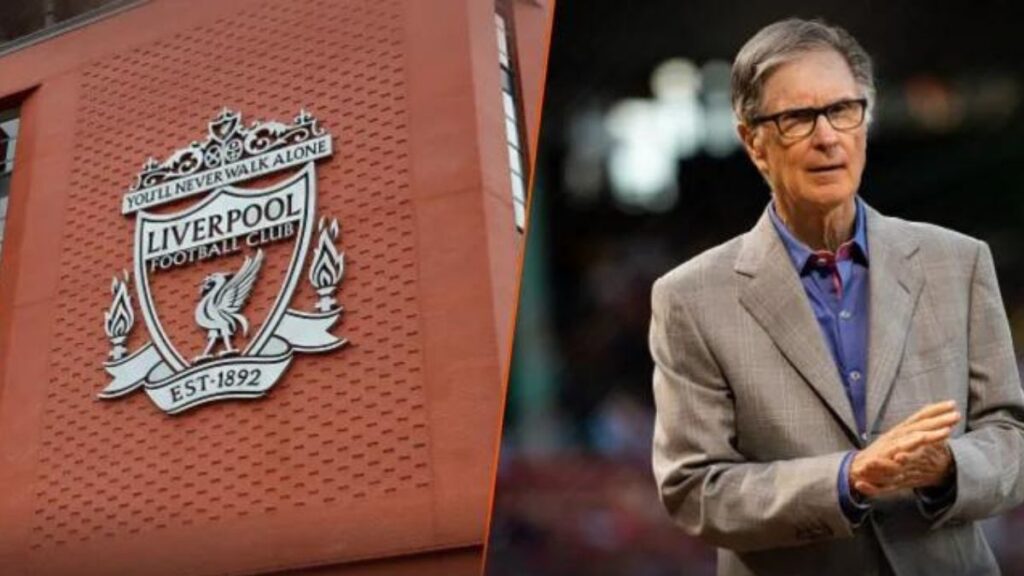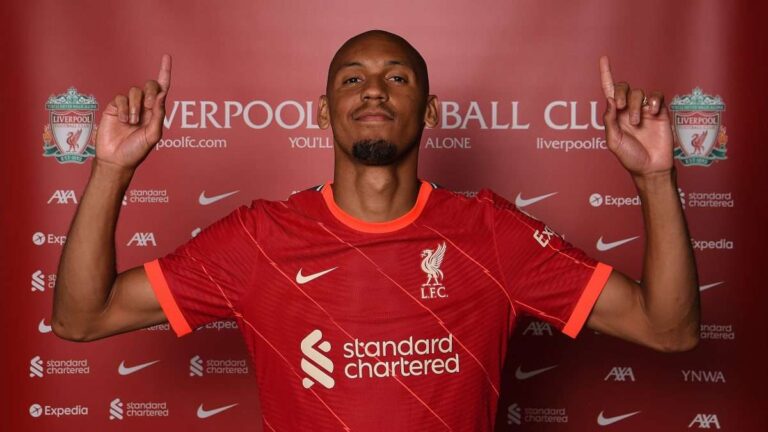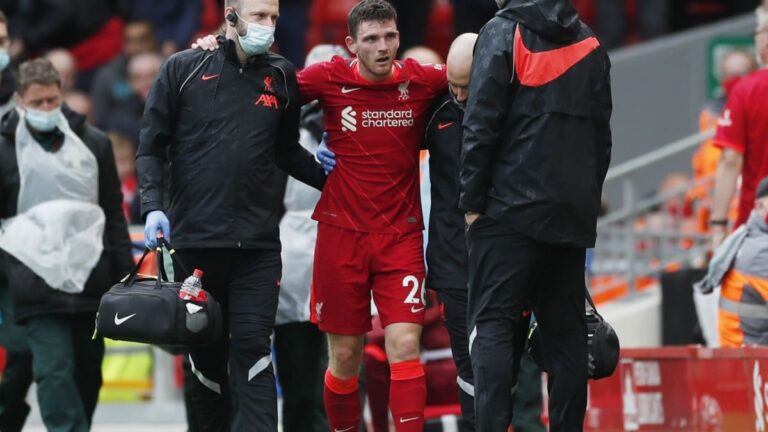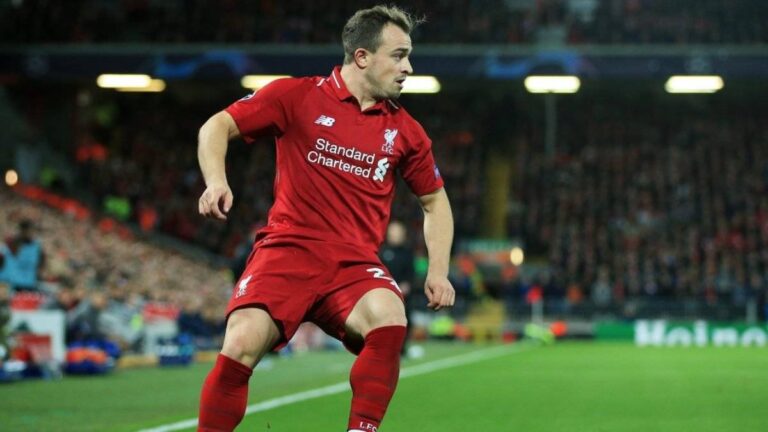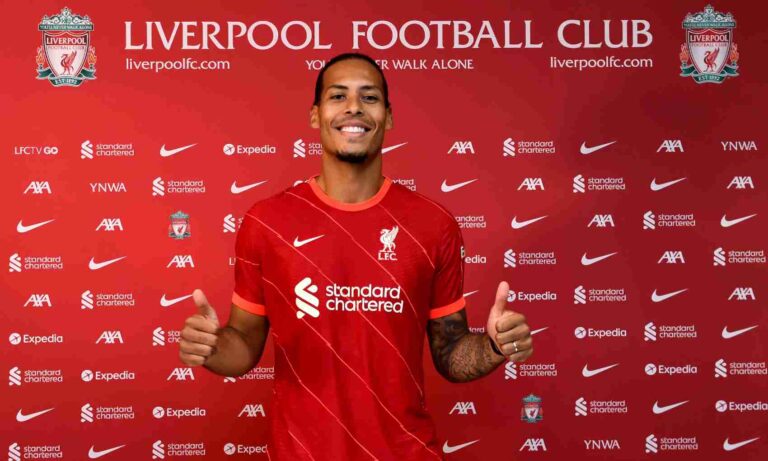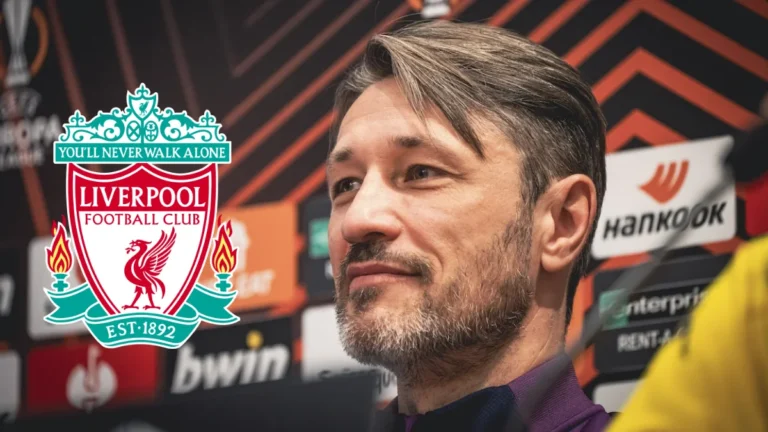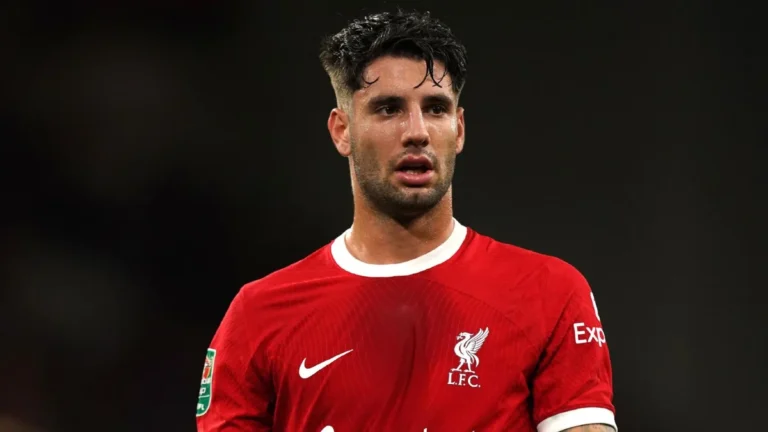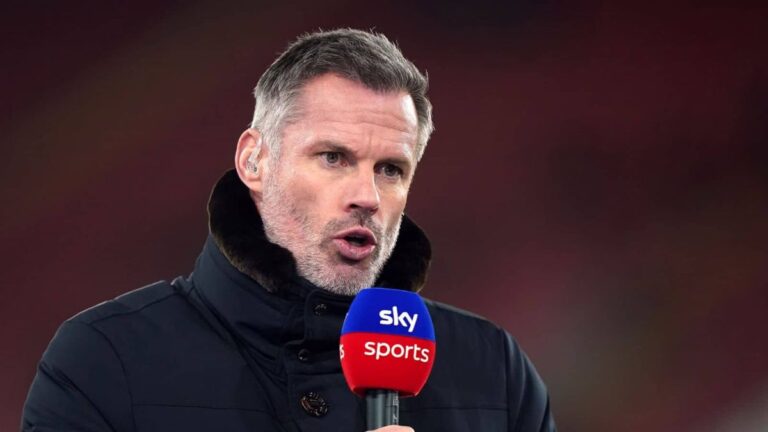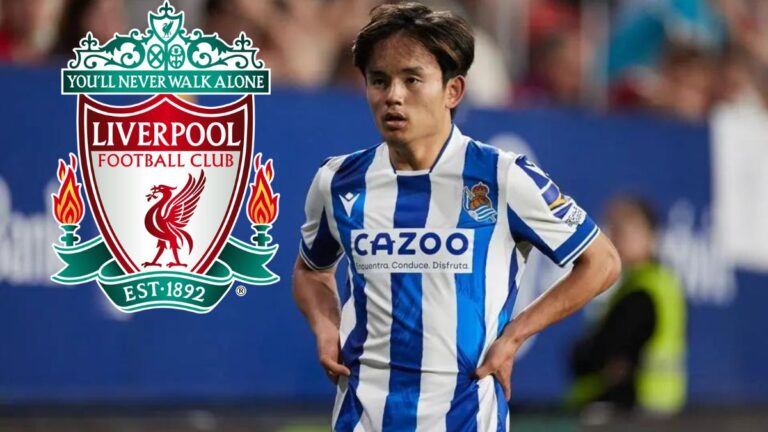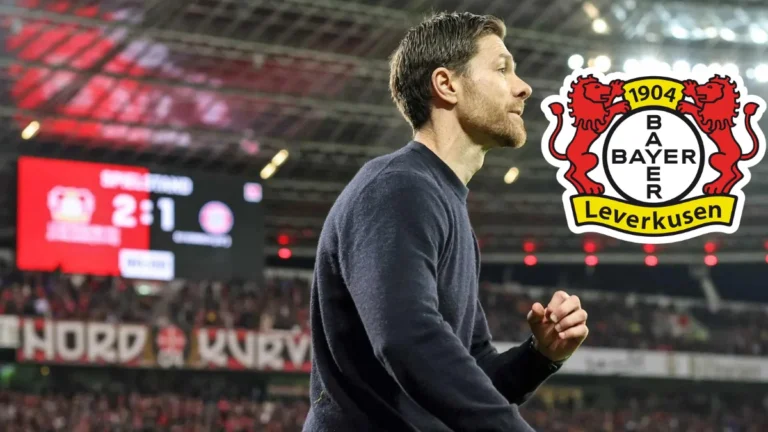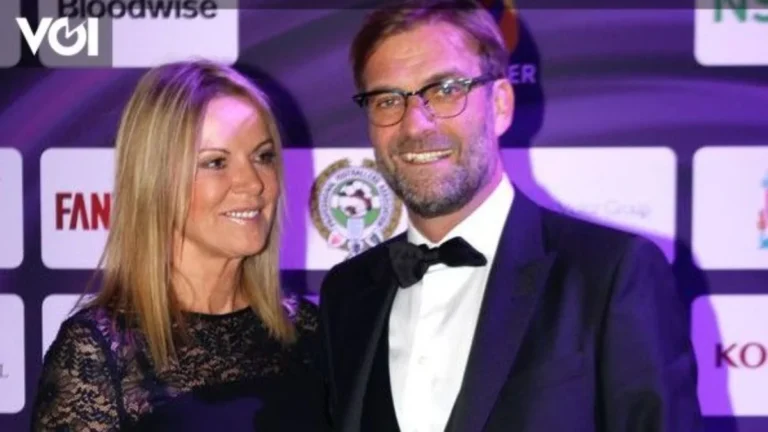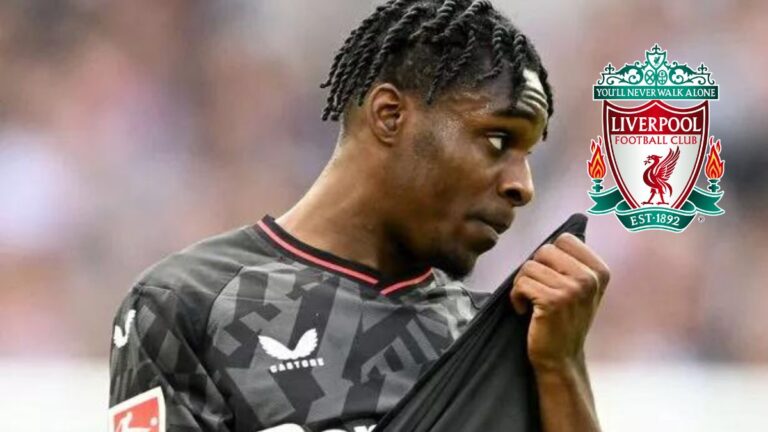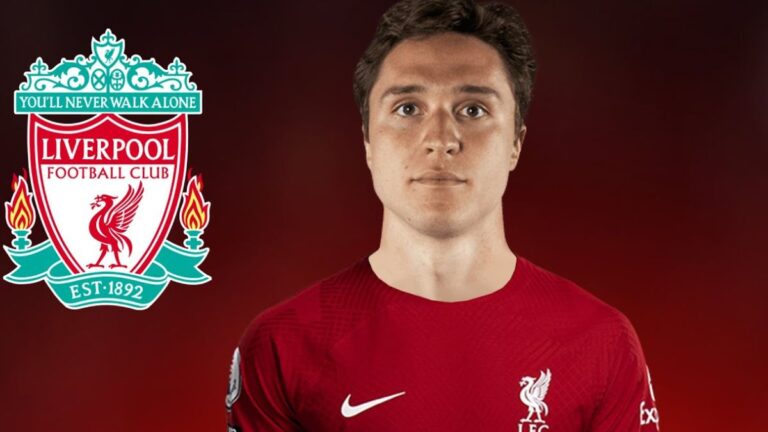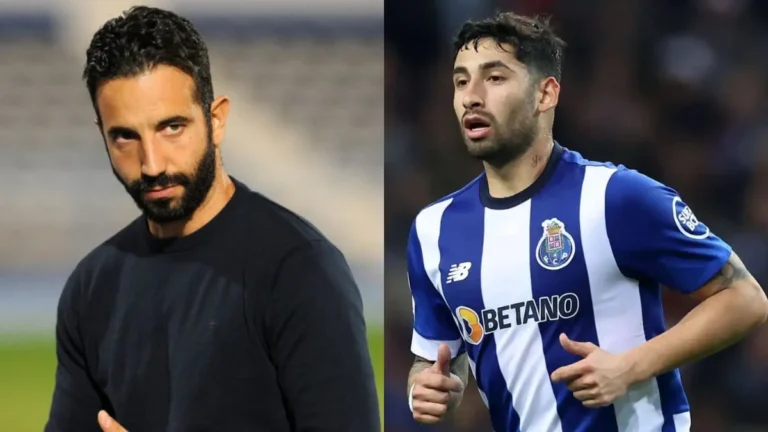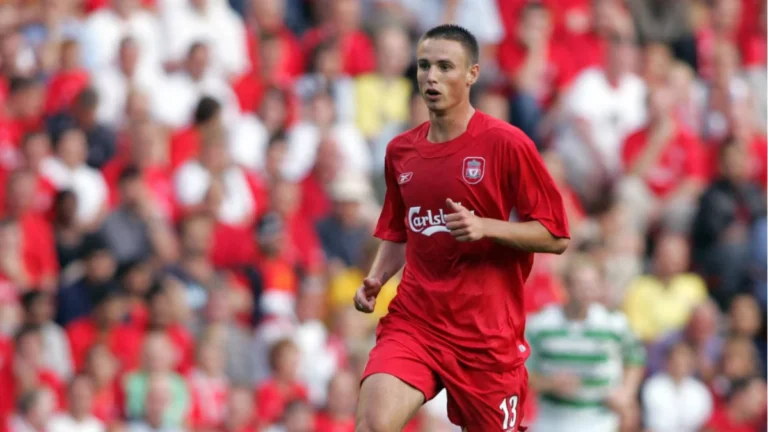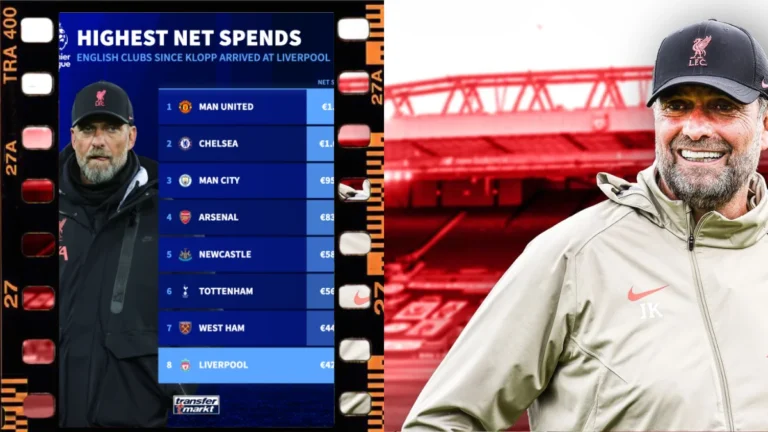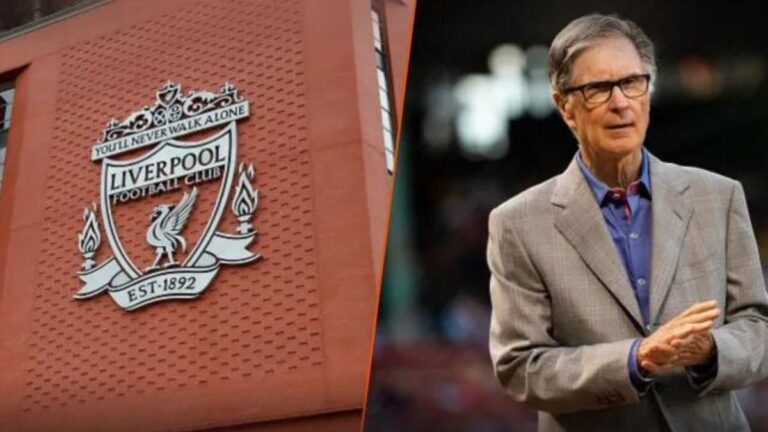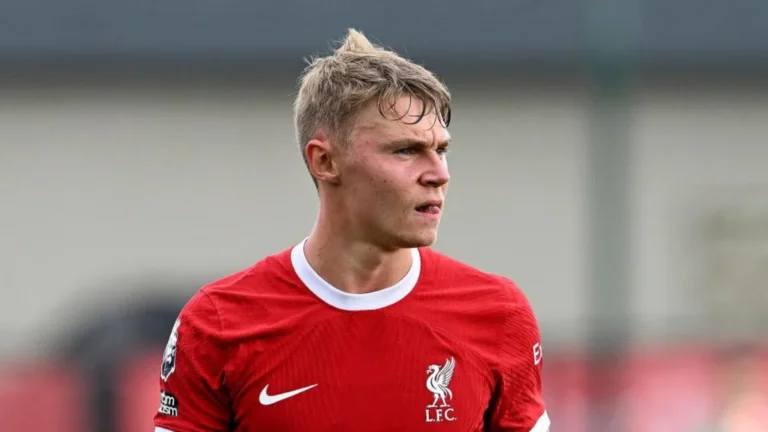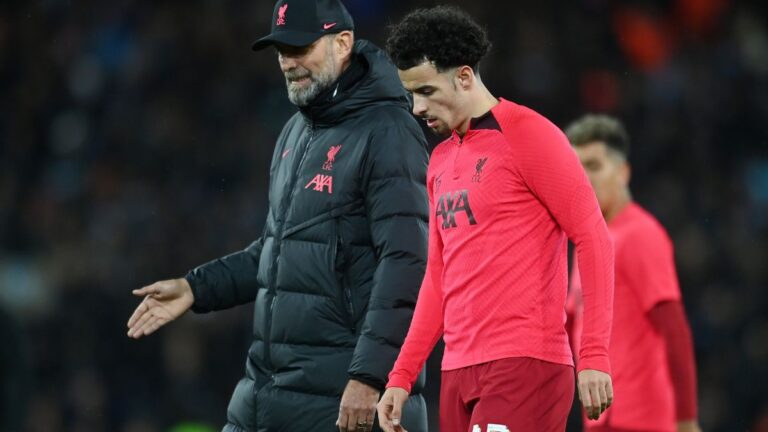The Glazer family placed Manchester United in the market for sale in November 2022, only weeks after Liverpool owners Fenway Sports Group (FSG) made a similar decision, making for an interesting time as England’s two most successful clubs became available.
Ahead of Friday’s latest deadline, both are expected to lodge new offers. Ratcliffe is willing to offer the Glazer brothers a route to stay, allowing them to keep 20% of United.
However, insiders believe that Ratcliffe would not be favourite to win a straight head-to-head against Sheikh Jassim for the full 69% ownership of the club.
FSG explores partial Liverpool sale
FSG is seeking a partial, rather than a complete sale, and have been in discussions with investors. FSG was considering whether to sell its controlling ownership in Liverpool and was looking to Goldman Sachs and Morgan Stanley for assistance.
It comes at an intriguing moment since Jurgen Klopp has acknowledged how hard it is to compete with state-funded teams like Newcastle and Manchester City, which has raised interest among fans.
FSG principal John Henry admitted earlier this year that talks were ongoing for investment in Liverpool. He told the Boston Sports Journal:
“I know there has been a lot of conversation and quotes about LFC, but I keep to the facts: we merely formalized an ongoing process,”
he said.
“Will we be in England forever? No. Are we selling LFC? No.
Are talking with investors about LFC? Yes.
Will something happen there? I believe so, but it won’t be a sale. Have we sold anything in the past 20+ years?”
Financial analysis reveals Liverpool’s value amid FSG’s search for investment
Financial analysts have updated Liverpool’s worth to £3.8 billion as FSG seeks investment. The Reds are now the second most valuable team in the Premier League by Sportico, only behind Manchester United (£4.8 billion).
Any prospective investor interested in buying stock in Liverpool may use it as a gauge. The Reds have been for sale for 2.5 months, according to FSG. In 2010, FSG paid just £300 million for the club.
2023's highest-valued Premier League clubs, per @Sportico:
— Boardroom (@boardroom) February 5, 2023
1. Manchester United
2. Liverpool
3. Manchester City
4. Arsenal
5. Chelsea pic.twitter.com/ZhoaxRQuYT
The Main Stand at Anfield cost £110 million to build, while the restoration of the Anfield Road End is expected to cost £80 million.
FSG also invested £50 million in the club’s new AXA Training Centre, although they are now investing more in Liverpool.
FSG purchased Liverpool for just £300 million and could stand to sell for at least 12 times their investment if early projections ring true.
The appeal of owning Liverpool FC: High Reward, Loyal Fan Base, and Commercial Power
What is the appeal of owning a Premier League football club like Liverpool? To those with the funds and ambition to even contemplate a deal that is likely to cost at least £4 billion, the answer is incredibly simple.
Who wouldn’t want to invest in a global sporting brand that is regarded as recession-proof and with the potential to offer low risk, high reward, and an unfailingly loyal customer base?
Fan loyalty is another big appeal and Liverpool’s global support is perhaps only surpassed by United, Real Madrid, and Barcelona.
Liverpool earned £151.9 million in Premier League prize money during the 2021-22 season and a further £102 million in earnings from UEFA after reaching the Champions League final against Real Madrid in Paris.
It is such commercial power, and Liverpool’s on-field success and history, that makes them such a compelling acquisition for potential new owners, particularly for American private equity funds who want success and financial growth.
Potential Liverpool Investment
Liverpool has been linked with potential investments, but one of the firms, GIC Private Limited, is not interested in taking a stake in the club.
Talks with interested parties over a partial stake in the club are ongoing, and a positive conclusion could arrive by the end of the summer.
Other names to have been linked include Stephen Paglicua, co-chairman of Bain Capital, who is also a co-owner of the Italian side Atalanta.
However, he stated that anyone who buys a club has to assess the economic opportunity and how much money they need to put in to keep up the quality.
FSG is seeking a strategic partner, potentially a media or entertainment firm, to help bridge the knowledge gap and aid the growth of the business.

Passionate about the beautiful game and dedicated to Liverpool FC, where “You’ll Never Walk Alone” is not just a slogan, but a way of life. I live and breathe football, from the roar of the Anfield crowd to the tactical intricacies of the sport.
My expertise lies in dissecting the transfer market, tracking player movements, and uncovering the hidden gems destined for greatness. Whether it’s discussing potential signings, analyzing match strategies, or celebrating the brilliance of players, I’m always ready for a football conversation.
